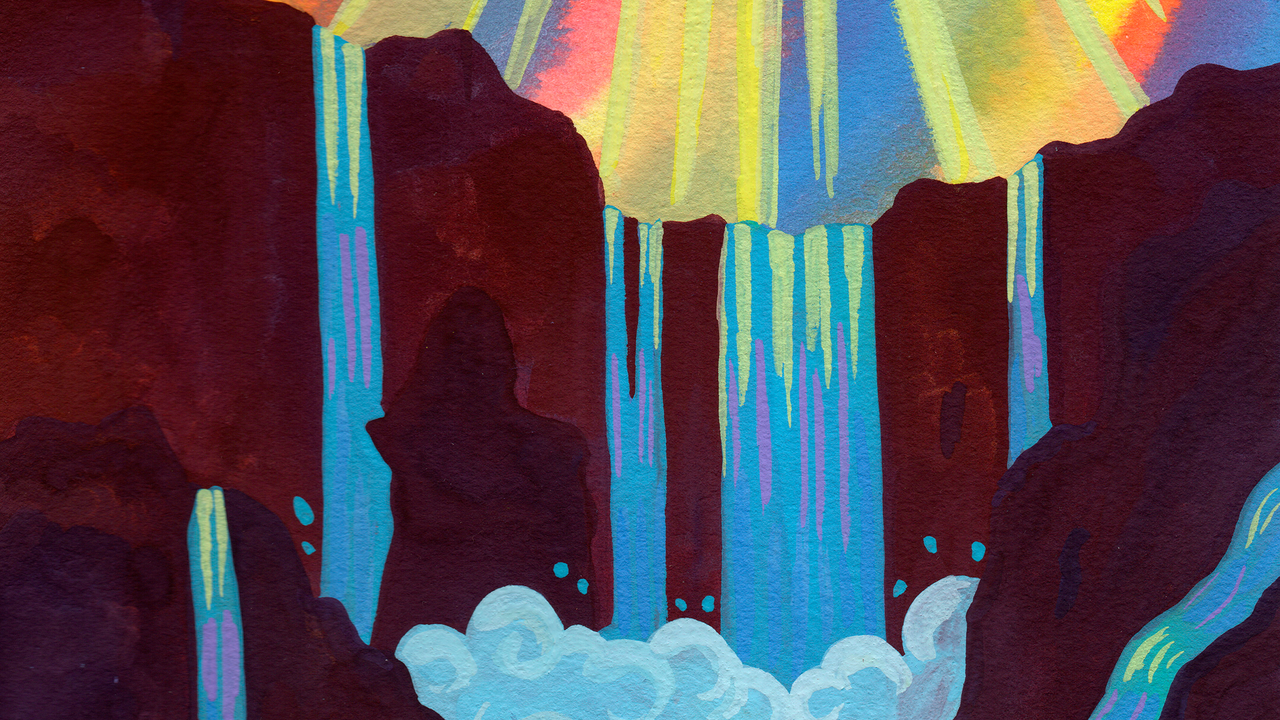
2024-03-04 词
These words were mystifying to me before they were repellent. How could the waters cover the sea, given that the sea is made of water? (I didn’t know that the hymn quotes the Book of Isaiah.) Once I’d decided that the phrase simply meant a great deal of water, that it promised an annihilating but glorious flood, there was time enough to recoil from the theology. When the hymn was sung in our church in Durham, I tended to float away from the congregation. I saw the worshippers singing a jaunty tune in unison, as if at a football game, about a dearly desired apocalypse that sounded highly undesirable to me, because it apparently had no space for human beings. Where would we be when water covered the sea? Underneath it? More orthodoxly, somewhere above it. (Though about that “we”: surely a great number, the unlucky damned, would indeed be underneath.) Unless we’d be bobbing on it, alongside Noah on his ark. Had the hymn writer not considered that the image used for this triumphant finale also conjures the great flood in the Book of Genesis, God’s vengeful destruction of the world after he came to regret having made it? And then there was the unsettling implacability of this plan: “nearer and nearer” . . . and thus soon. Not too soon, I hoped.
免责声明:本文来自网络公开资料,仅供学习交流,其观点和倾向不代表本站立场。